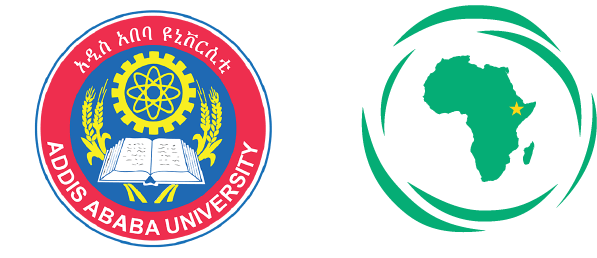A huge backlash has followed the comments of two French doctors who got into philosophical and racially charged
TV discourse about conducting a clinical trial against COVID-19 in Africa. Their rationale for choosing Africa was because “…there are no masks, no treatments, no resuscitation?” [https://www.bbc.com/news/world-europe-52151722]
Their comment was disappointing for at least four reasons.
- While compassionate interventions do happen, Africa is not a guinea pig. I believe the comment was not intended to mean that. But it is difficult to reach any other conclusion. Africa is a proud continent and the origin of human kind with ancient civilisations. The Carthage civilisation was the home of the ‘shinning city’ with better architecture than Rome at its peak. The Egyptian empire has contributed to neuro-surgery, mathematics and architecture. The Axumite kingdom of ancient Ethiopia was considered one of the four most important kingdoms of the world.
- How unfair it would be if these attitudes are also generalised to the vast majority of international scientists and partners who have dedicated their lives to work with Africa. For example, CDT-Africa partners with a large number of international scientists and institutions from Asia, Europe and North America. They contribute immensely to our regional programmes and successes.
- Clinical trials are needed urgently for developing new drugs and vaccines for this global pandemic. The comments of the doctors make it difficult to conduct clinical trials, particularly at this time when people who disseminate misinformation seem to be flourishing. It is worth noting that safety and efficacy evidence generated in one place does not necessarily translate into another. Genetic makeup, diet, culture and personal factors affect the safety and efficacy of medicines. Therefore, Africa should engage positively in clinical trials not because it has presumed disadvantages but because it has responsibility to do so and because it can make a difference.
- The comments breach the fundamental and needed trust in clinical trial standards. Clinical trials are the most stringent form of clinical study. Safety procedures are internationally enshrined. Any descent clinical trial adheres to these, whether during emergency or in compassionate contexts.
I hope the doctors have learnt from the incident and will use their skills to compensate for the offence caused.
In relation to Ethiopia, the Ethiopian Food and Drug Authority is a strong institution. Various changes are happening to strengthen the institution. According to a recent McKinsey report, Ethiopia is investing a higher ratio on its regulator than other countries, such as Brazil, Russia and Turkey (https://www.mckinsey.com/industries/public-sector/our-insights/should-sub-saharanafrica-make-its-own-drugs). This should help to fill if there were any gaps. As a policy at CDT-Africa, we do not conduct first in human clinical trials of a new product unless: (1) it was tested first in the country of origin or another country; (2) the disease is only a problem in Ethiopia and participants are naturally available only in Ethiopia; (3) a product is developed in Ethiopia and has to be tested as a first in human study.
In conclusion, this has been an unfortunate and deeply regrettable incident. Nevertheless, I would also like to give reassurance that stringent safety procedures are in place. I would like to take this opportunity to sincerely thank our partners across the world who have always worked with us over the years with the utmost respect of the rules and regulations and the partnerships. Especially during this unusual period, our partners have continued to engage and work with us in practical ways.

